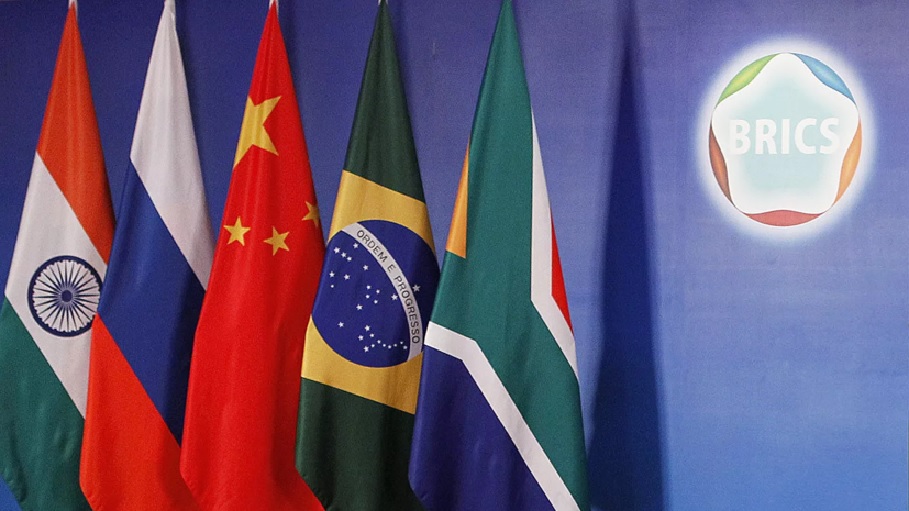RIO DE JANEIRO, BRAZIL – The member countries of the BRICS group (Brazil, Russia, India, China, and South Africa) will begin a new space cooperation program this year, the Chinese state newspaper Global Times reported today in the framework of the XIV summit of leaders of these nations, which the Asian country is hosting virtually.
According to the newspaper, which cites the China National Space Administration (CNSA), the first meeting of the BRICS Joint Commission on Space Cooperation has already occurred this year, and collaboration on satellites, data exchange, and space observation will be boosted.
There is already a joint space observation and information exchange system involving six satellites – two Chinese, two Indian, one Chinese-Brazilian, and one Russian – and five ground stations located in Hainan (China), Cuiabá (Brazil), Moscow (Russia), Hyderabad (India), and Hartebeesthoek (South Africa), according to the media.

According to CNSA, remote sensing satellite technology is “key” to addressing the world’s challenges in the 21st century, including food crises, water scarcity, and climate change.
Space cooperation could “enhance solidarity among the Brics countries, increase the efficiency of satellite observation and lead to resource sharing,” the institution told Global Times.
According to CNSA accounts, in January 2022, China had 499 satellites in orbit; Russia, 169; India, 61; Brazil, 13; and South Africa, three.
China, which holds the bloc’s rotating presidency in 2022, is hosting the virtual summit this week.
With information from EFE

